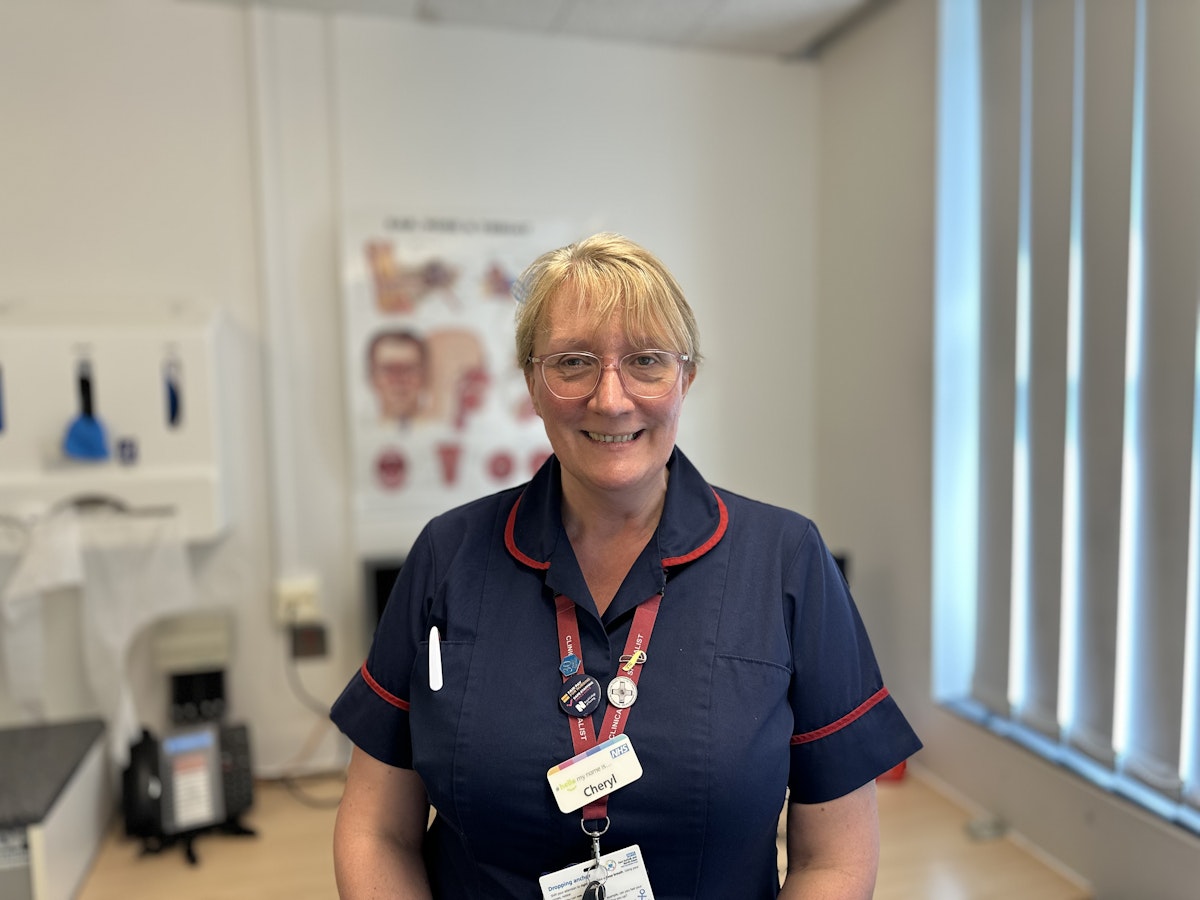The big picture: The PETNECK2 study allows patients to monitor their symptoms using a checker tool, potentially reducing the need for regular hospital follow-ups after the first year of treatment.
Why it matters: The study aims to make follow-up care more accessible for patients who may find it challenging to attend regular hospital appointments due to work, travel, or financial constraints.
Key details:
Patients typically have follow-up appointments for five years after treatment.
After one year, some participants will be taught to use a symptom checker via a booklet, website or mobile app.
Patients can contact the clinical team directly for a review appointment if symptoms change.
Ipswich Hospital was awarded a bronze certificate in June for being one of the top recruiting sites for the study.

What they're saying: Mr Billy Wong, consultant head, neck and thyroid surgeon at Ipswich Hospital, and the principal investigator for the PETNECK2 study, said:
"Head and neck cancer patients typically visit the hospital every few weeks for a period of five years following their treatment to undergo follow-up examinations. However, this may not be a feasible for some patients due to various factors such as time, work commitments, logistical challenges, geographical limitations, or financial constraints.
“This study therefore enables patients to take charge and personalise their own healthcare and follow-ups.

The study is also being facilitated by Cheryl Yildiz, clinical nurse specialist for head and neck cancer patients at ESNEFT.
She added: "It's exciting to be part of this research, that empowers patients to have the confidence to understand their new normal and when to highlight any concerns or symptoms, with a clear pathway for review if this is the case."
What's next: Interested head and neck cancer patients at Ipswich Hospital can inquire about joining the PETNECK2 study.
The bottom line: This national study, funded by the NIHR and supported by Cancer Research UK, could lead to more flexible and patient-centred follow-up care for cancer survivors.
You can find more information about head and neck cancer on the NHS website.







